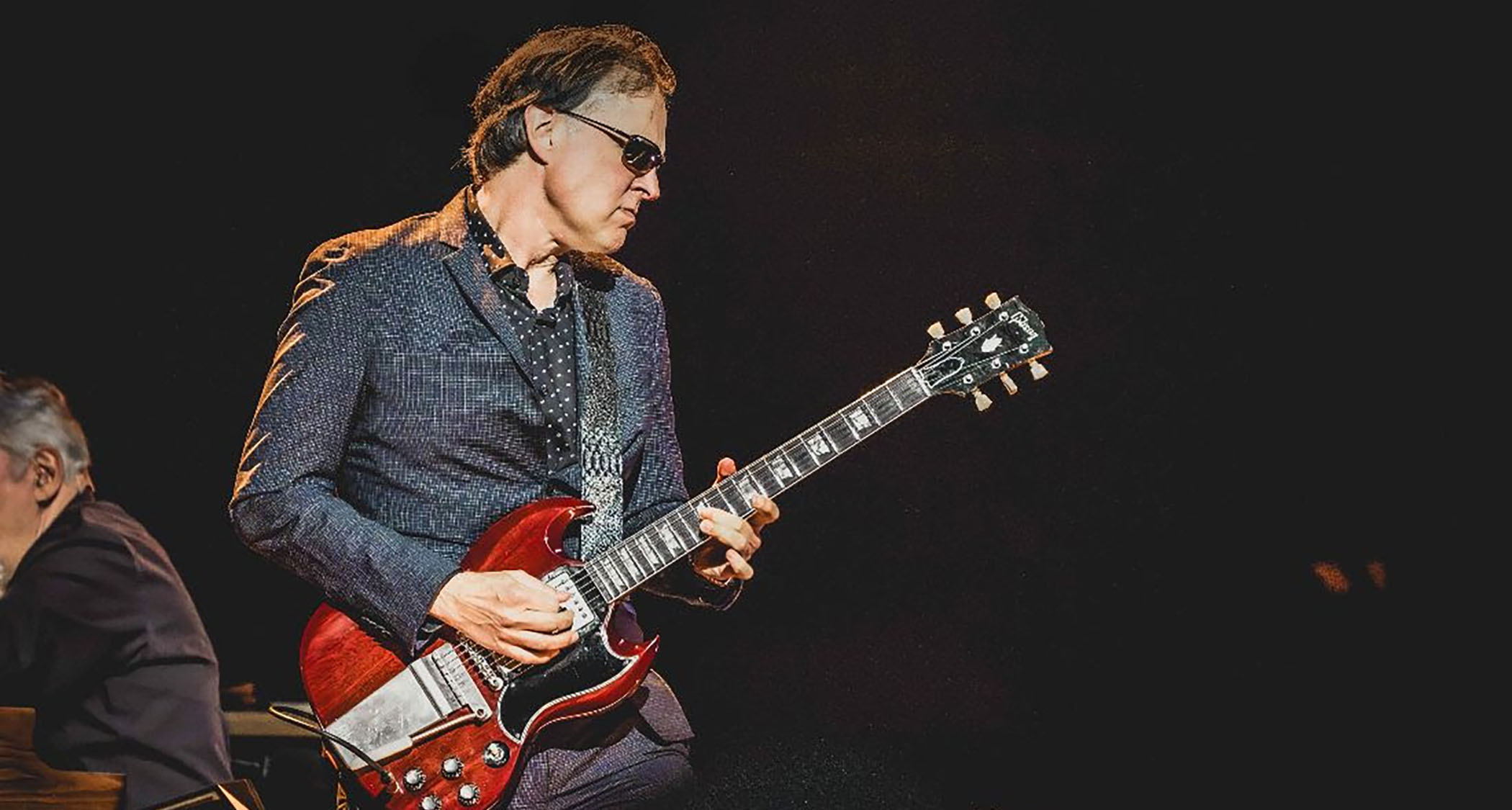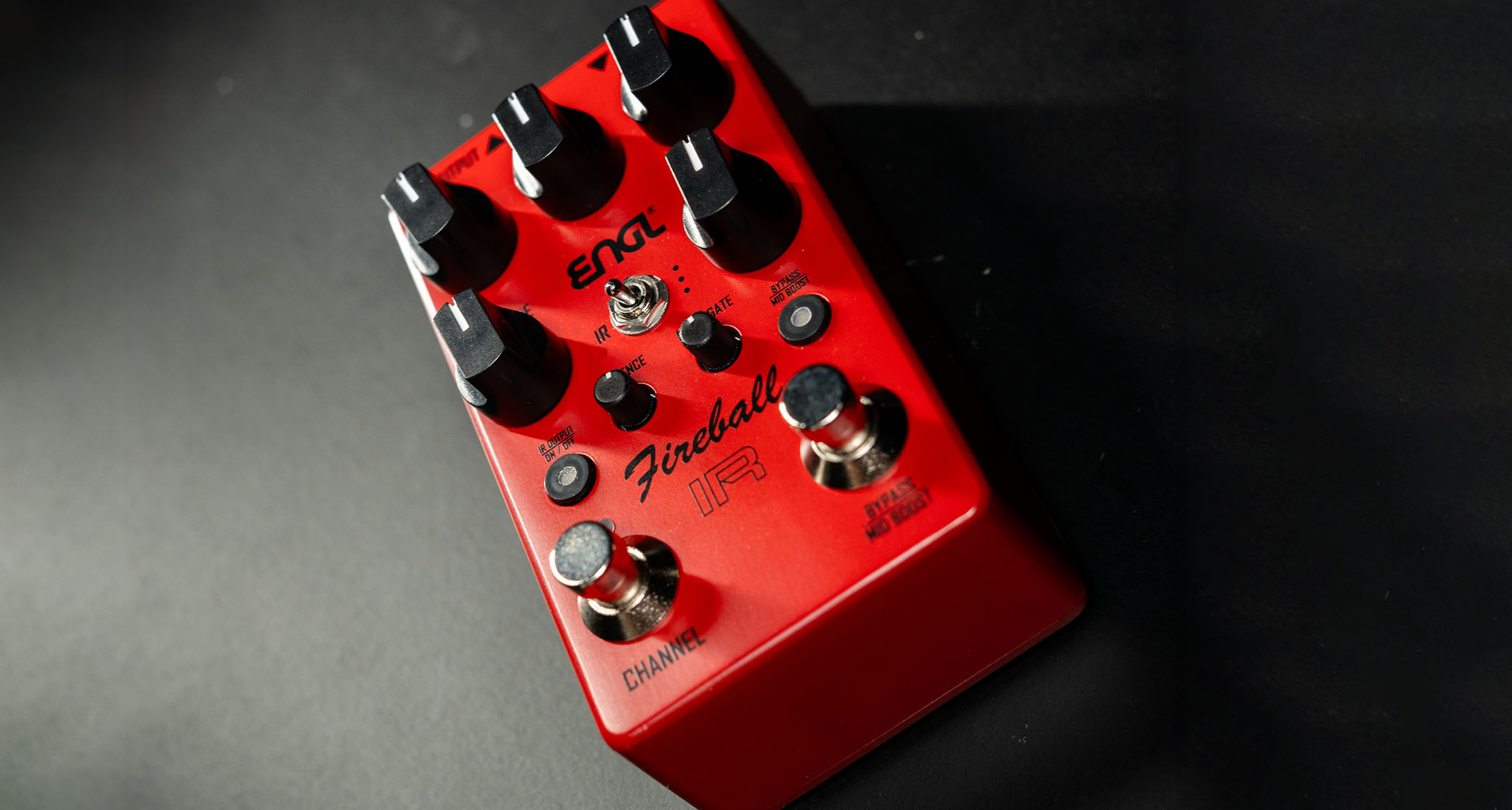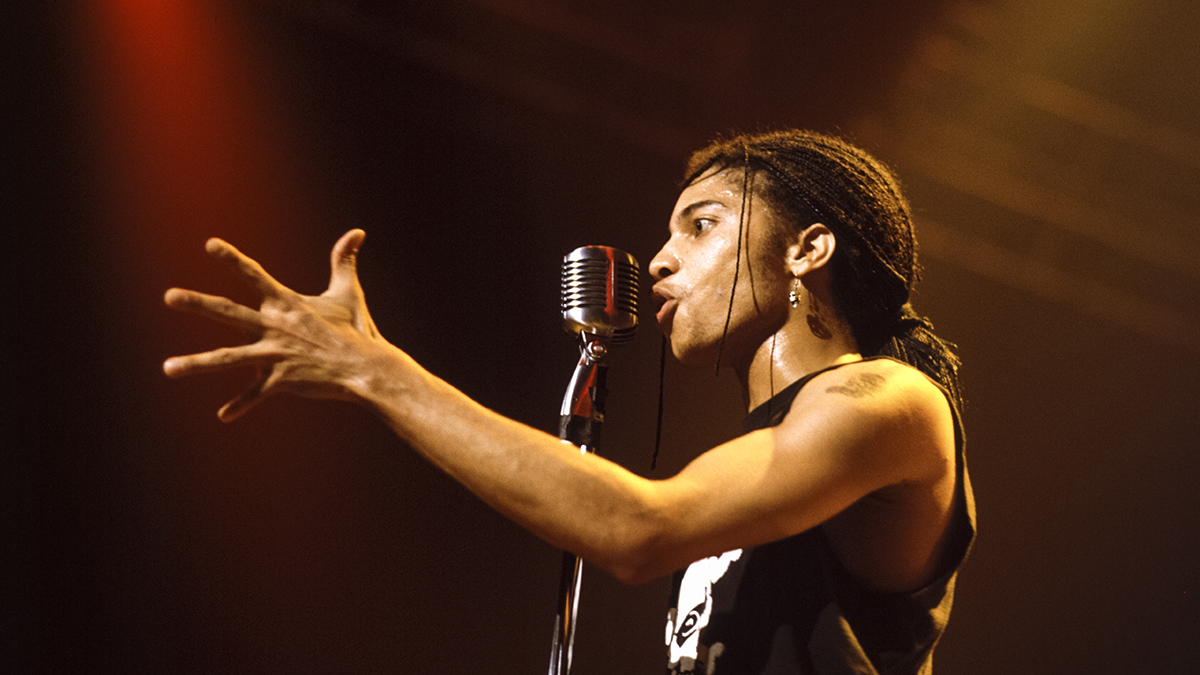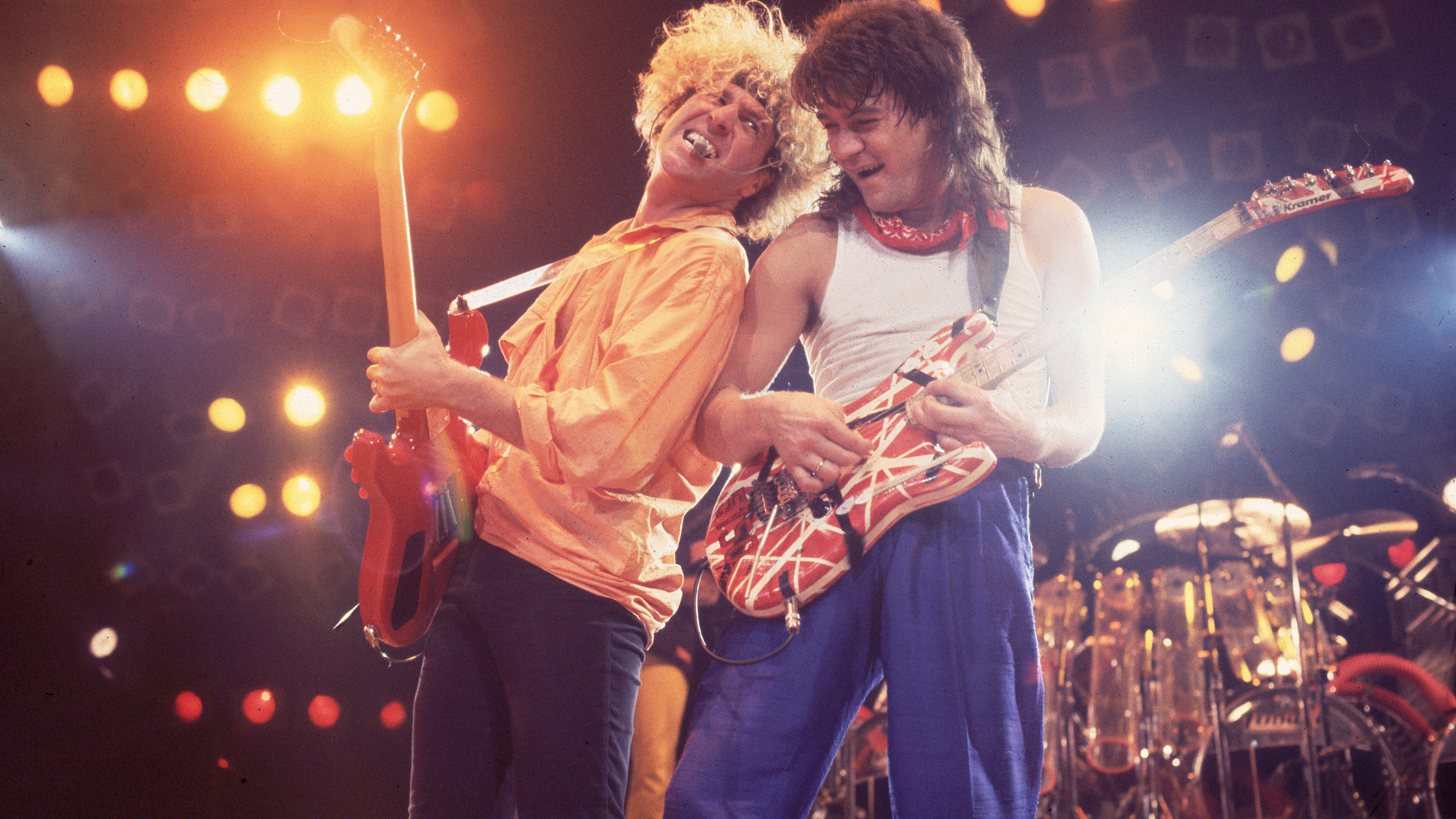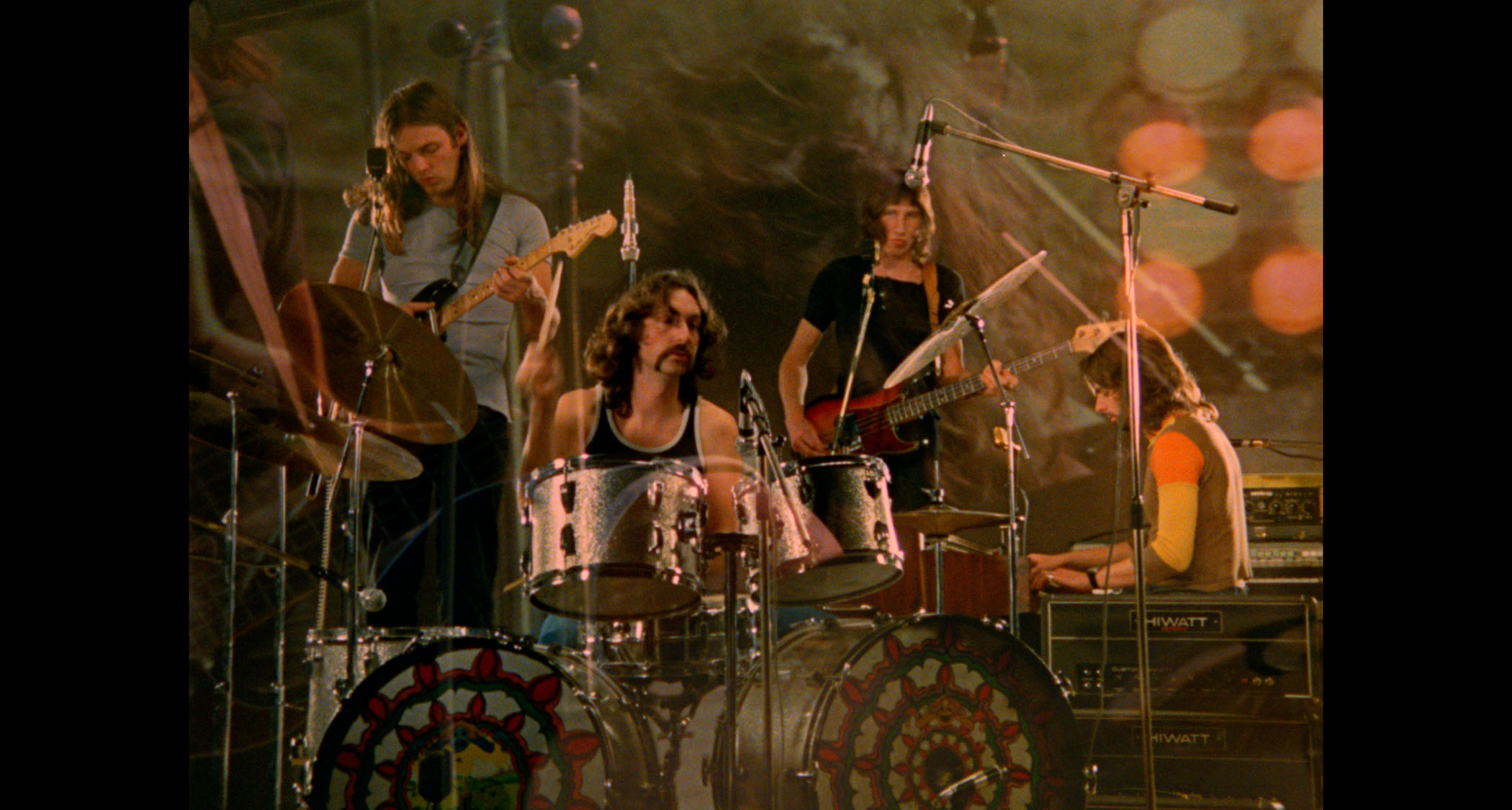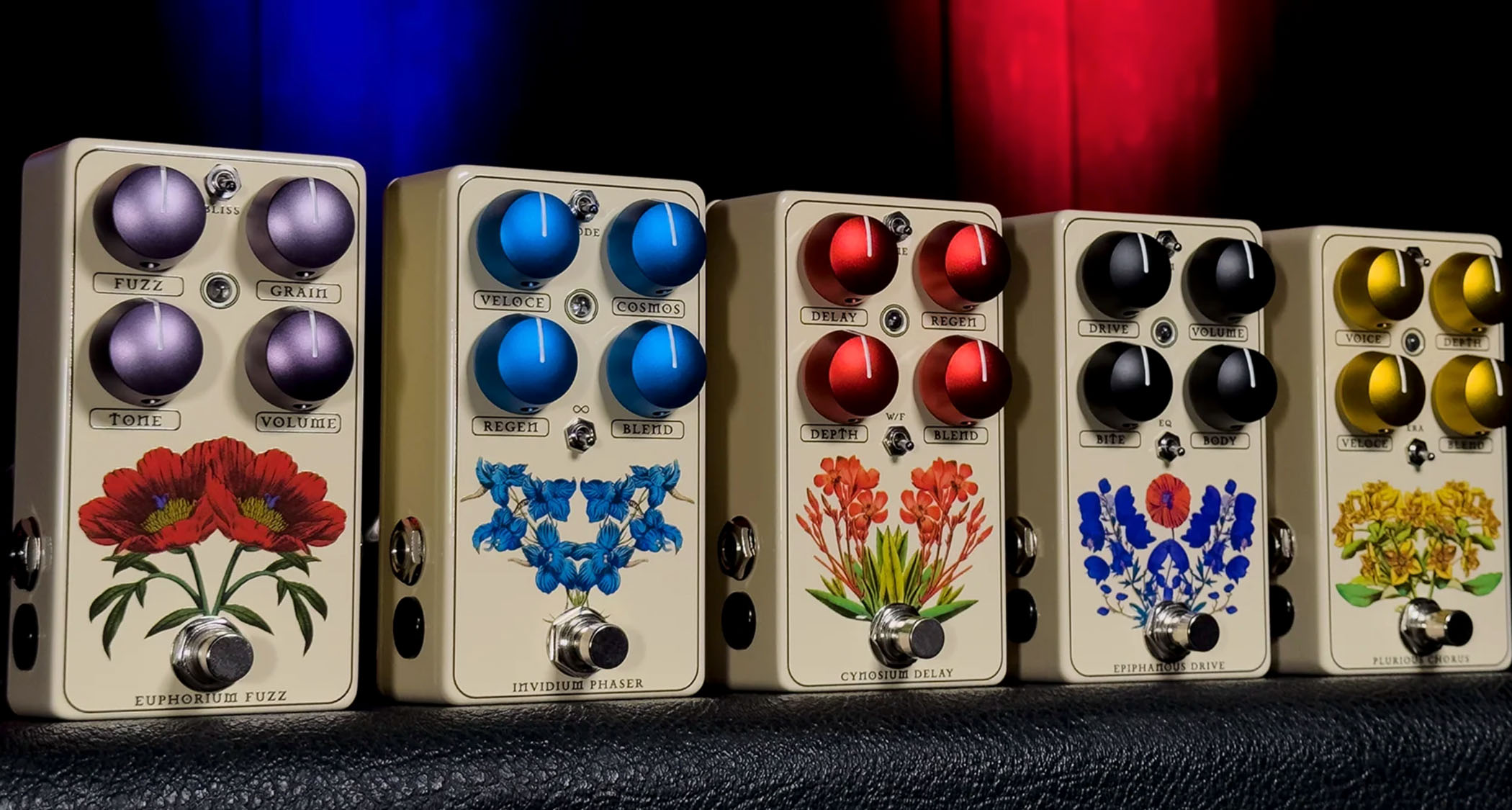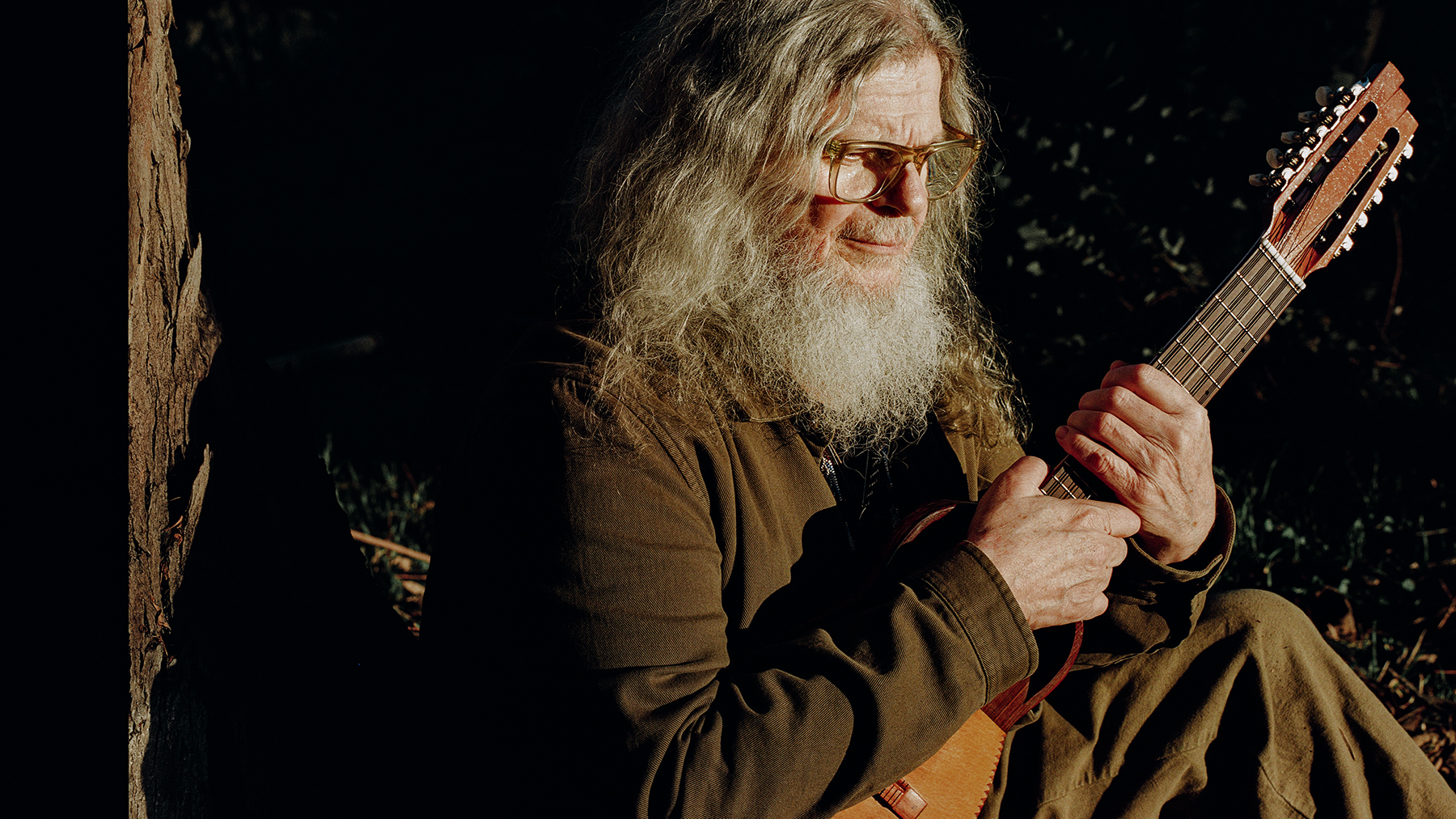6 career defining records of Sonic Youth's Steve Shelley
Legendary alt-rock drummer picks his finest
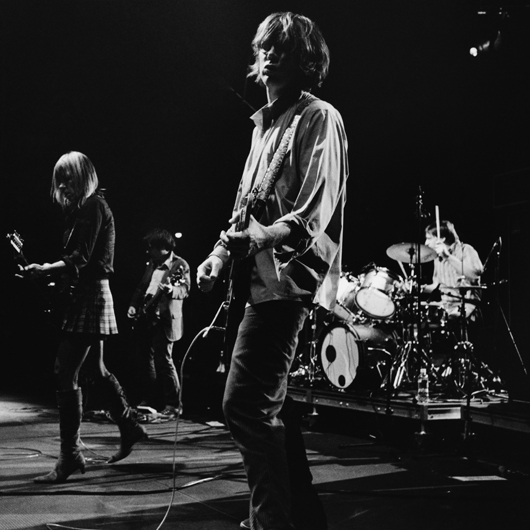
Steve Shelly chooses his six best
Sonic Youth drummer Steve Shelley has been with the alt-rock legends since 1985, formed punk ‘semi-legends’ The Crucifucks in 1981 and taken the throne for a host of high-profile projects.
Here the ‘drummer’s drummer’ chooses the six records which have most defined his career, telling Rhythm Magazine why they mattered so much along the way.
First up: “a gloriously under-produced slab of über-offensive noise”
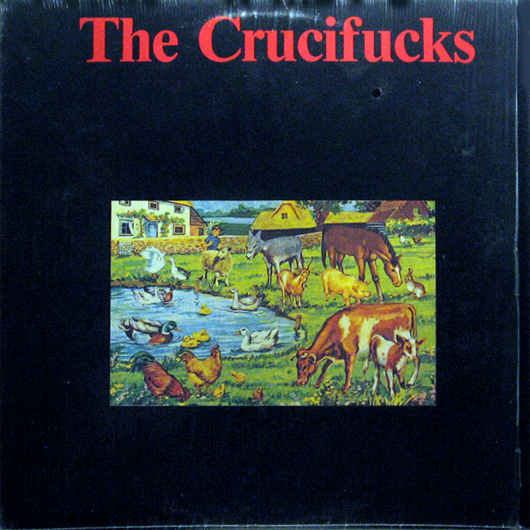
The Crucifucks (1985)
Shelley played drums for these hardcore punk semi-legends and put two albums out on Jello Biafra’s Alternative Tentacles label. The debut is a gloriously under-produced slab of über-offensive noise.
Steve Shelley says:
“I remember recording that album quite well. We were on tour and we went out and recorded with [producer] Spot in Los Angeles. We recorded it one night and mixed it another night, two days later. It was done really quickly.”
“I used my first real drum set. It was a Pearl. It was wood drums with chrome mount side and a white fibreglass lining inside the wood. They were heavy drums. I’m not sure if they were the greatest drums, but I still have them. I haven’t used them in quite a few years.”
“The bands and the drummers I admired at that time would have been Gang Of Four and Killing Joke - a lot of post punk from England, stuff that was heavy on the toms. I haven’t heard that record in a long time. Musician friends will bring up that album now and again.”
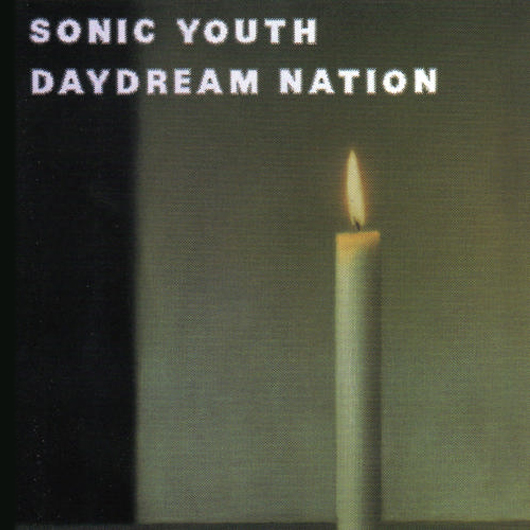
Daydream Nation (1988)
Sonic Youth’s last full length indie release before signing to Geffen is a bona-fide classic. That, 20 years later, they would play the album in its entirety as part of the Don’t Look Back shows attests to its popularity.
Steve Shelley says:
“It was recorded at a studio called Green Street Recording. We were really well rehearsed. At a certain point it was obvious it was going to be a double album. That was a big step because, until that point, we associated double albums with overblown rock bands like Pink Floyd and Led Zeppelin.”
“We were approached to do the Don’t Look Back series last year. That was a lot of fun. When we released Daydream Nation, we never went out and played it in its entirety but that’s something that I really enjoyed doing. I think I was still using the Pearl kit while recording it. I think it’s still a great album. People enjoy it a lot.”
“Once we release a record, it sort of has its own life. I don’t have much to do with it anymore so I can’t claim too much credit for its success.”
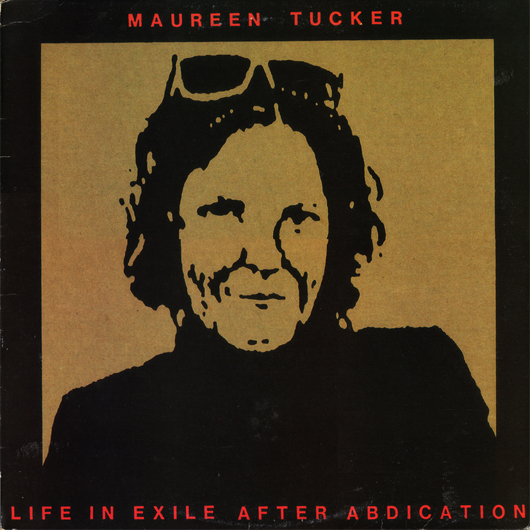
Life In Exile After Abdication (1989)
The Velvet Underground drummer pulled in an impressive plethora of musicians for this solo album, including Sonic Youth.
Steve Shelley says:
“That was a ramshackle experience, which was a shame because it could have been so good. All of Sonic Youth were supposed to show up to play on this one song, but Daniel Johnston [singer/songwriter/artist who has struggled with manic depression] was staying at my apartment and he was acting up that day. I had to babysit him. I had to actually keep him away from the studio because he was being such a pain.”
“I was invited to one session and I played a little bit but it was a bit of a disappointment. I was looking forward to the sessions though, and I got along with Mo greatly. She’s a really nice person and of course one of our heroes.”
“Everyone in Sonic Youth is a big Velvet Underground fan. It was an honour to play with her, despite everything else.”
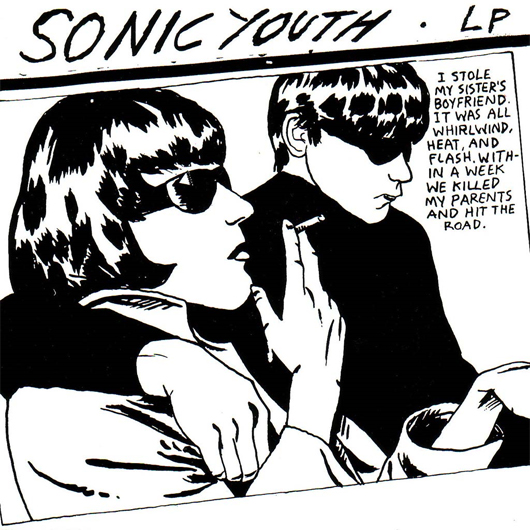
Goo (1990)
Sonic Youth enter the big league. In 1990, Nirvana were yet to explode and hair metal bands like Mötley Crüe and Guns N’ Roses ruled. Goo was one of the albums that saw rock’n’rollers worldwide stylistically shift.
Steve Shelley says:
“That was our first record for Geffen so we had a bit more of a budget with that one. We tried different things in the studio.”
“For a long time I didn’t listen to Goo - I distanced myself from it. I’m not sure why, I guess I just had no desire to listen to it. But then recently we got to go back and revisit the album for a reissue and I think it holds up really well.”
“We remastered it and added extra tracks to it. I enjoyed it after being away from it for a while. It was like finding an old friend again. I remember during the recording that we just wanted to get a supremely rocking sound on that record, and it’s a hard sound to get. We wanted to capture on record what we think we give off at our live shows - the energy.”
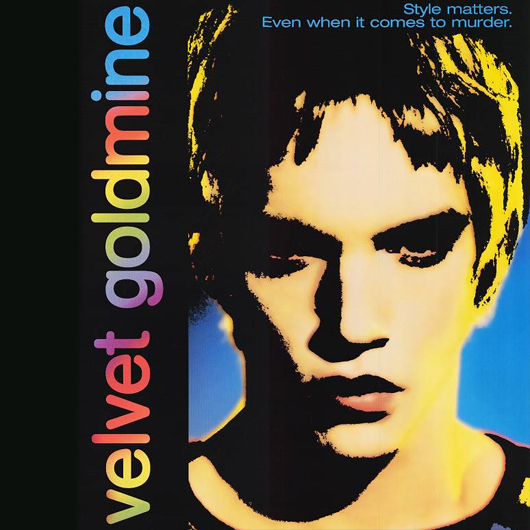
Velvet Goldmine OST (1998)
The Stooges’ Ron Asheton plus members of Sonic Youth, Minutemen and Mudhoney soundtracked this fictionalised tale of a glam rocker’s infatuation with a wild punk, loosely based on Bowie and Iggy.
Steve Shelley says:
“That was a lot of fun. The Velvet Goldmine movie was directed by Todd Haynes and he had worked with a lot of us before. He needed a Stooges-style band to go with the Iggy-type character. They had Ron Asheton, Mike Watt [Minutemen], some of us and Mark Arm from Mudhoney amongst other singers [performing under the name Wylde Rattz]. “
“We recorded a lot of original material and a lot of it has never seen the light of day. It was great to be in the same room as Ron Asheton - to hear him playing and hear that guitar sound that we’ve loved for so many years. Once Ron and Mike were playing with the Stooges, we didn’t want to cause any drama by pushing to get that stuff released. Maybe someday it’ll come out.”
“I used a Brady kit on that album.”
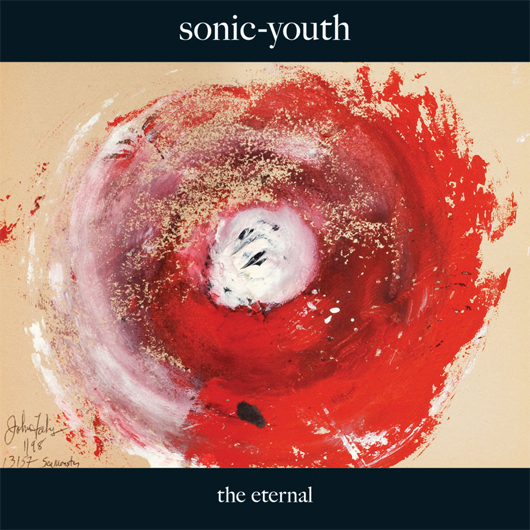
The Eternal (2009)
Even though Shelley claims their vision was never compromised at Geffen, the Youth’s new album on indie label Matador does seem to see the band invigorated and sounding fresher than they have in years.
Steve Shelley says:
“Geffen never entered the studio, we just made our records. We’re all grateful to be working with Matador, though, in a smaller environment. They understand us and they’ll be able to work with us well.”
“We had a nice relationship with Geffen at the beginning but things changed over the years. With Matador, we’re making new friends and forging new relationships. We’re all really happy to be involved with them.”
“The new album came together really quickly. We recorded it at our own studio in Hoboken, NJ, with John Agnello. He’s a wonderful guy to work with. We’re getting ready to play some of these songs live, which is exciting to us. For the past few years I’ve been using a new Brady kit with really oversized toms. The floor toms, for example, are 16"x16".”
Zak Starkey is back in The Who. “I take responsibility for some of the confusion… Zak made a few mistakes and he has apologised”, says Pete Townshend
“I oversaw every element - not just the music and the lyrics and the melodies and the production, but also the merch and the fan clubs and everything”: Mike Portnoy talks about his years away from Dream Theater
Zak Starkey is back in The Who. “I take responsibility for some of the confusion… Zak made a few mistakes and he has apologised”, says Pete Townshend
“I oversaw every element - not just the music and the lyrics and the melodies and the production, but also the merch and the fan clubs and everything”: Mike Portnoy talks about his years away from Dream Theater
